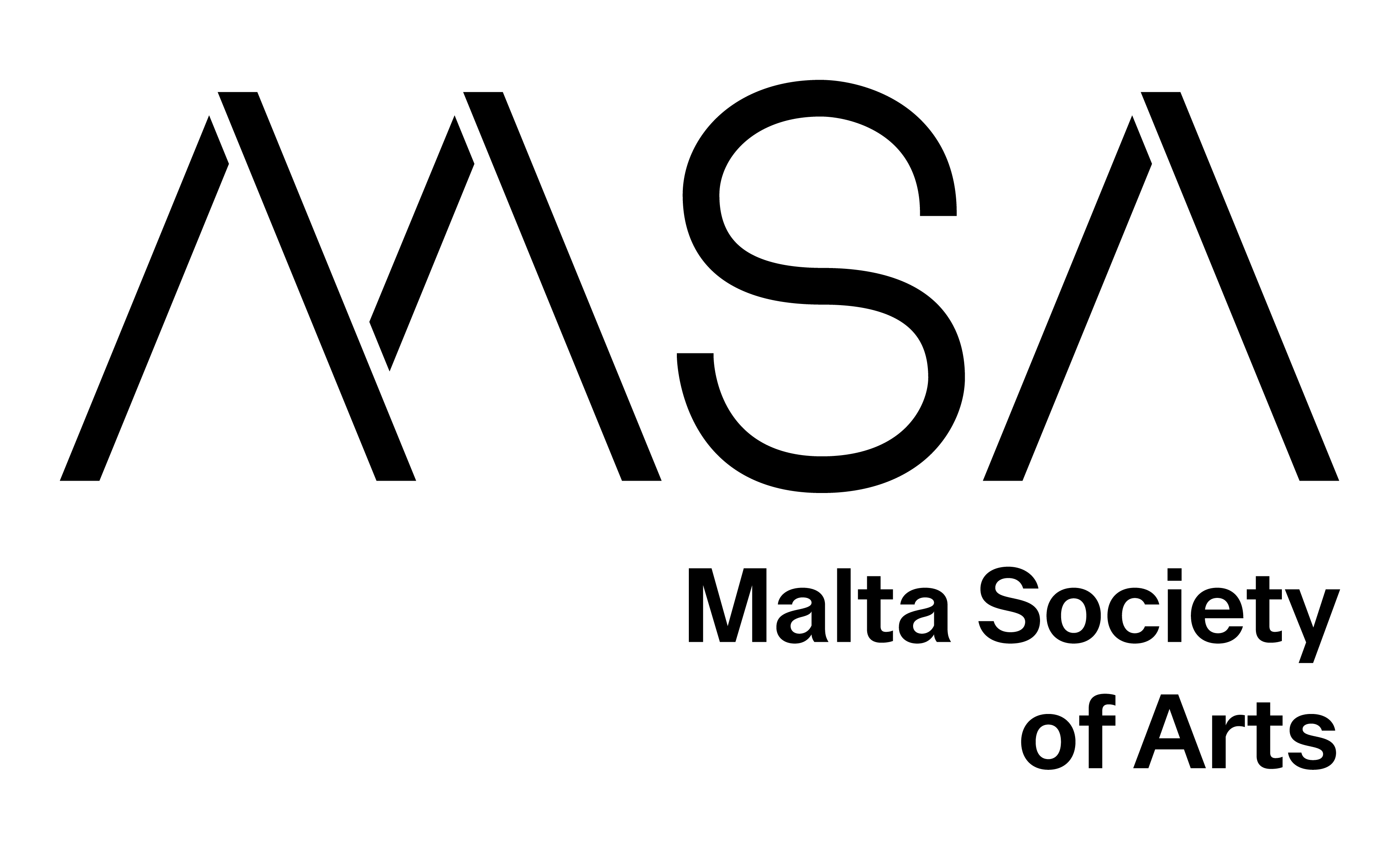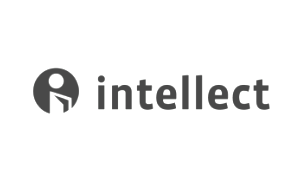In this paper, I will examine the scientific research on the information transmitted from food to eaters, and discuss how these data can inspire us to rethink our relationship with food. Eating is usually considered in terms of nourishment acquisition, culinary satisfaction or food chain logistics, but we often neglect the very nature of eating: an act of fusing one life with another. In this act of extreme intimacy that exceeds another other types of relationship, the eater masticates the eaten, swallows their bodies, breaks down their cells and assimilates their molecules. These molecules - traces left behind in the carcasses – contain hidden messages from someone we consumed, fragments of memories recorded at the moment of death. For example, adrenalin has been found to make animal meat more tender, making some people to (mis)believe that subjecting animals to extreme fear and pain before death could improve the quality of their meat. In fact, food industries optimise methods of transporting and killing livestock because these treatments are known to imprint on the meat (1). In other words, information is communicated from the dead to us. Many cultures believed in the medicinal values of human flesh and cannibalism was a way for one person to acquire another person’s memories, identity and power (2). The eater consumes the eaten; the eaten leaves behind a bit of their souls.
Scientific research on the transmission of information from the eaten to the eater has been sparse, but it is beyond doubts that complex biomolecules from food can enter our bodies. Scientists have found intact functional proteins from plants ingested by experimental animals found their ways in the eaters’ organs (3). Genetic materials can pass through intestinal mucosa and become detectable the eaters’ blood cells, spleen and liver even hours after ingestion (4). Exosomes – small membrane vesicles containing proteins and RNA – from cows were detectable in lab animals fed with milk (5). At least for invertebrates, some of these molecules are known to function as engram, substances that carry cognitive information. For examples, roundworms Caenorhabditis elegans infected by Pseudomonas bacteria “learned” to avoid these bacteria, and this memory can be transferred to uninfected worms that have ingested the cells of the infected ones (6). Do mammals transfer information via food? At early as the 1960s, scientists reported data that suggest memories could be transferred from one rat to another through the ingestion of the former’s brain extracts (7). More recently, scientists are attempting to transfer a memory from one animal to another through spatially specific brain stimulations (8). If eaters can acquire not only nutrients and energy but also memories or behavioural cues from their food, then eating is a form of communication and “stories” are being inadvertently passed down the food chain. We as human beings collect these stories, and since we are sitting at the top of the food chain, most of these stories end with us. It is impossible to understand who we are before we listen to these stories.
Dr Lam Yun Wah joined University of Huddersfield in the UK as a Reader in Cell Biology in 2023 before working for 15 years at City University of Hong Kong. He works with a multi-disciplinary research network of biochemists, chemists, materials scientists and clinicians to tackle a variety of biological projects, ranging from biomedical engineering, environmental sciences to regenerative medicine, resulting in over 100 research papers and book chapters. He is also passionate in the transdisciplinary practice of science and art, having collaborated with and acted as scientific advisors for many artists. Yun was awarded the CityU innovative e-learning award in 2020 and was shortlisted for the CityU Teaching Excellence Award in 2021. He was also the founding director of the BSc programme in Global Research Enrichment And Technopreneurship (GREAT), and the 2019 resident at SymbioticA, a centre for biological art in University of Western Australia.
Back







